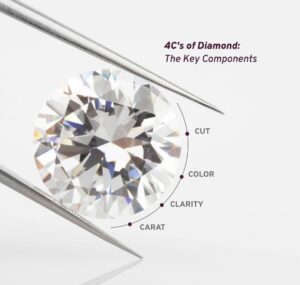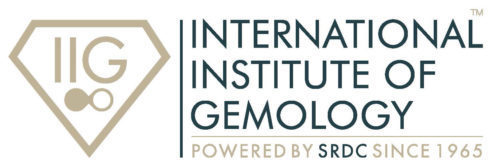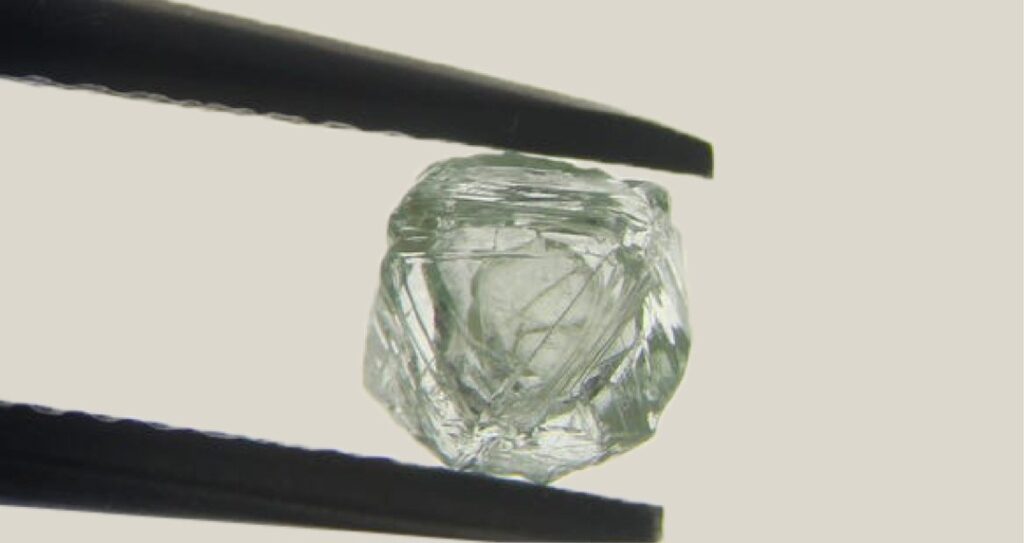Trust or the idea of a good reputation has been around for more than 2000 years. The definition is
recorded in Publilius Syrus in Ancient Rome.
The diamond industry is based on mutual trust and is dependent on it for all transactions. Diamond
business at one time was strictly a cash business. This tradition goes back hundreds of years where a
small closed community of diamond dealers used to buy and sell diamonds with each other without
the need for a contract. Relationships played a major role in building the diamond business.
A study was done by an IIM – Student – Indu Rao on trust in the Surat Diamond industry. The study
states that the close-knit community is the basis of trust. Rough and polished diamonds worth
millions are transported through angadias and people couriers. There are no written contracts and
virtually no security even than diamonds worth millions are transported daily. The local community
of Unja Patels for example are specialized in carrying diamonds safely within the industry for over
four decades. They either carry diamonds in their pockets or travel economy class in the train. This
way the whole industry works on trust. Despite many opportunities, there are little or no theft or
heists because the mere thought of being ousted from the community is unthinkable.

The glory of the trading can be seen in the lanes of Panchratna, Opera House famous for ‘street trading’ and it is as old as the diamond hub. The brokers who couldn’t afford an office stood in these lanes and did business worth crores on these streets. They would open up the ‘jokham’ known as diamonds in Gujrati and fix a price without thinking twice about security. 150 -200 crore worth of turnover is done daily solely on trust. There is hardly any technology that is employed while dealing in diamonds. It is a community of 5000 traders and each one recognises the other. Business is solely done on trust and references without any evidence of paper.
Barak D. Rich man has written about trust in: ‘An autopsy of cooperation; Diamond Dealers and the
limits of trust – based exchange’ – A New York Times reporter not knowing about the city’s diamond
district in marvelled at how diamantaires “trust each other not to walk away with the world’s most
valuable, easily concealed commodity” and concluded that mutual trust was the ‘treasure of
47th Street’ Russel Shor, a prominent diamond industry journalist; wrote “legal and moral
accountability is the foundation for the very survival of the diamond trade.”
This has been the diamond industry’s narrative. Mutual trust binds diamantaires to their pledges and
to each other, and such trust–based exchanges serve as a substitute for state-sponsored courts and
conventional law. These stories illustrated how an insular merchant community could construct risk
posed. (Richman 2004;2006). They served not only as the backbone for academic understandings of
the industry but as proof of how arbitration, reputations and social networks could fully supplant
state-sponsored legal systems (see. e.g. Bernstein 1992).
Author:-
Charmi Soni Shroff – CHRO
Being a part of the Gems & Jewellery industry for the last 15 years I garnered insights into gems, diamonds and jewellery. I have authored a handbook on casting techniques and various blogs on various methods of healing and meditation with gemstones. Presently working with IIG Mumbai as a writer, author, external spokesperson and PR representative.

